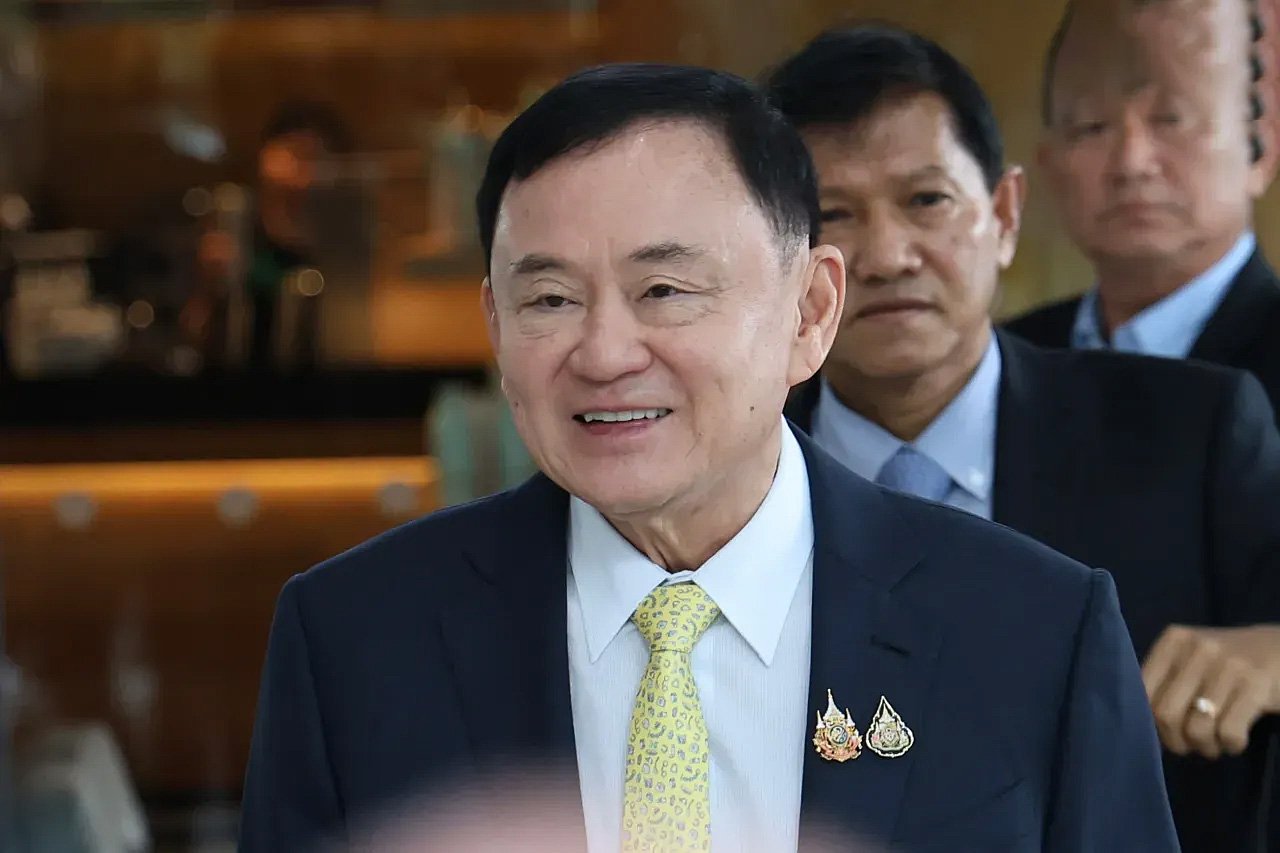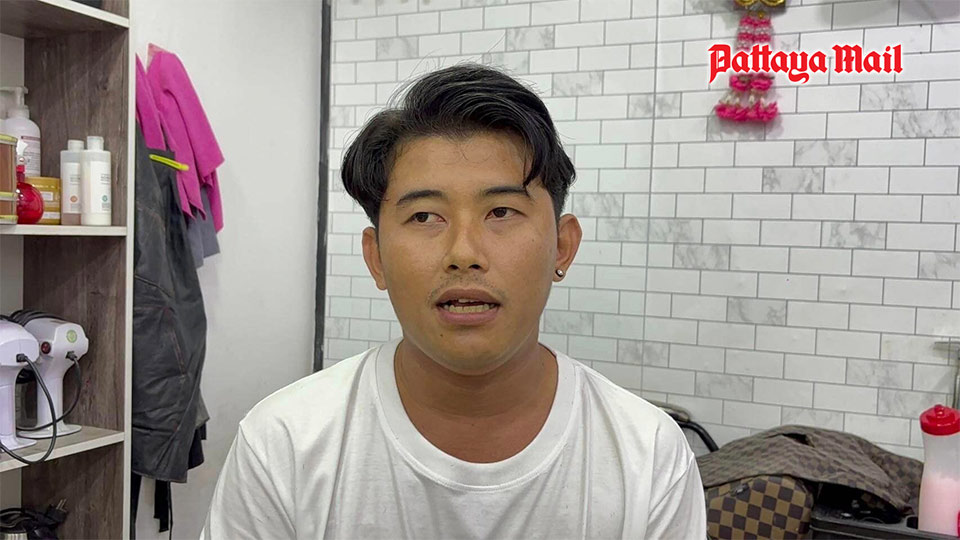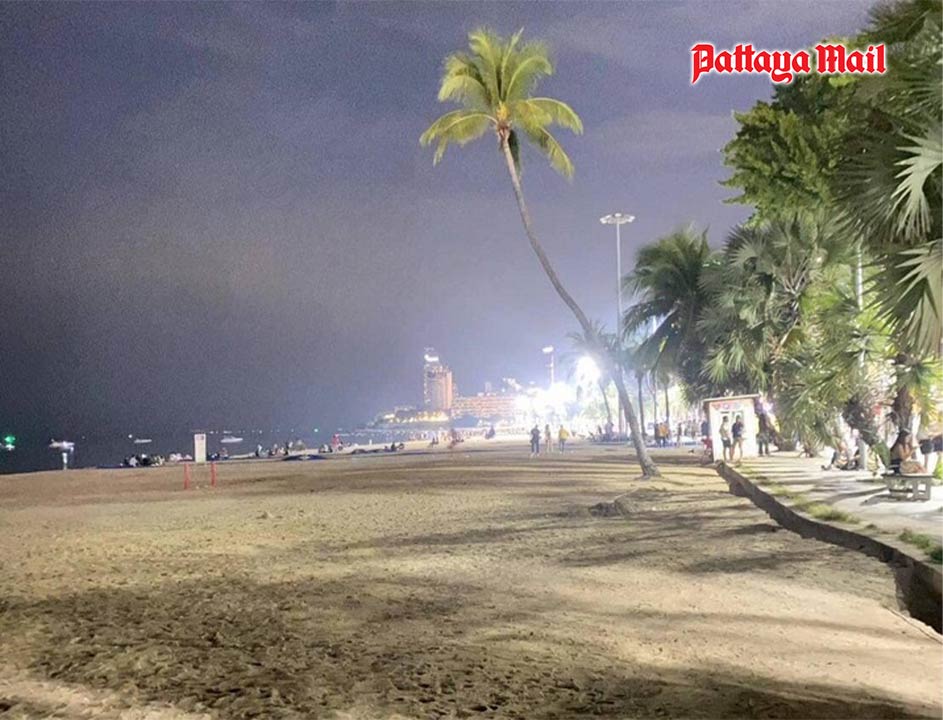
FILE - Former Prime Minister Thaksin Shinawatra, center, arrives at Don Muang airport in Bangkok, Thailand, on Aug. 22, 2023. (AP Photo/Sakchai Lalit, File)
Thailand's Election Commission is ramping up efforts to address sweeping allegations of power misuse by Thaksin Shinawatra. As the de facto leader of the Pheu Thai party, Thaksin is accused of clandestinely steering both his party and its coalition partners, despite being legally barred from political involvement following past criminal convictions.
Thaksin's alleged activities include orchestrating secret meetings with leaders from various coalition parties, such as Bhumjaithai, Palang Pracharath, Ruam Thai Sang Chart, Chart Thai Pattana, and Prachachart.
These gatherings reportedly took place after Thailand's former Prime Minister Srettha Thavisin was ousted by a split decision from the Constitutional Court for ethics violations. Key decisions regarding the country's future leadership and the distribution of cabinet portfolios were allegedly made during these covert meetings at Thaksin's residence.
The Election Commission's decision to form an ad hoc committee highlights the seriousness of the accusations. The investigative body, led by Secretary-General Sawaeng Boonmee, is tasked with a 30-day probe to unearth the truth behind allegations of Thaksin's dominance over party dynamics.
The inquiries arose from multiple petitions, demanding not only the investigation but also the possible dissolution of both the Pheu Thai and involved coalition parties.
If found guilty, the repercussions for Thaksin could be severe. He could face imprisonment and further tarnishing of his political legacy. His daughter, Prime Minister Paetongtarn Shinawatra, would also face significant consequences, including removal from office. Such an outcome would destabilise the existing political order, triggering a reshuffle in the government and possibly even new elections.
Thaksin's manoeuvres have reignited attention on his controversial political career, reflecting the enduring influence of the Shinawatra family in Thailand's political theatre. Observers note that this situation showcases the complex interplay between personal influence and official governance in the country's tumultuous political environment, reported Thai Newsroom.
The upcoming investigation by the Election Commission is poised to be a pivotal moment. It will scrutinise these accusations, aiming to uphold legal and ethical standards within Thai politics while managing the potential fallout of any findings that could reshape the current political landscape. As the probe progresses, it promises to test the resilience of Thailand's political institutions in maintaining transparency and justice.

-- 2024-10-18

























